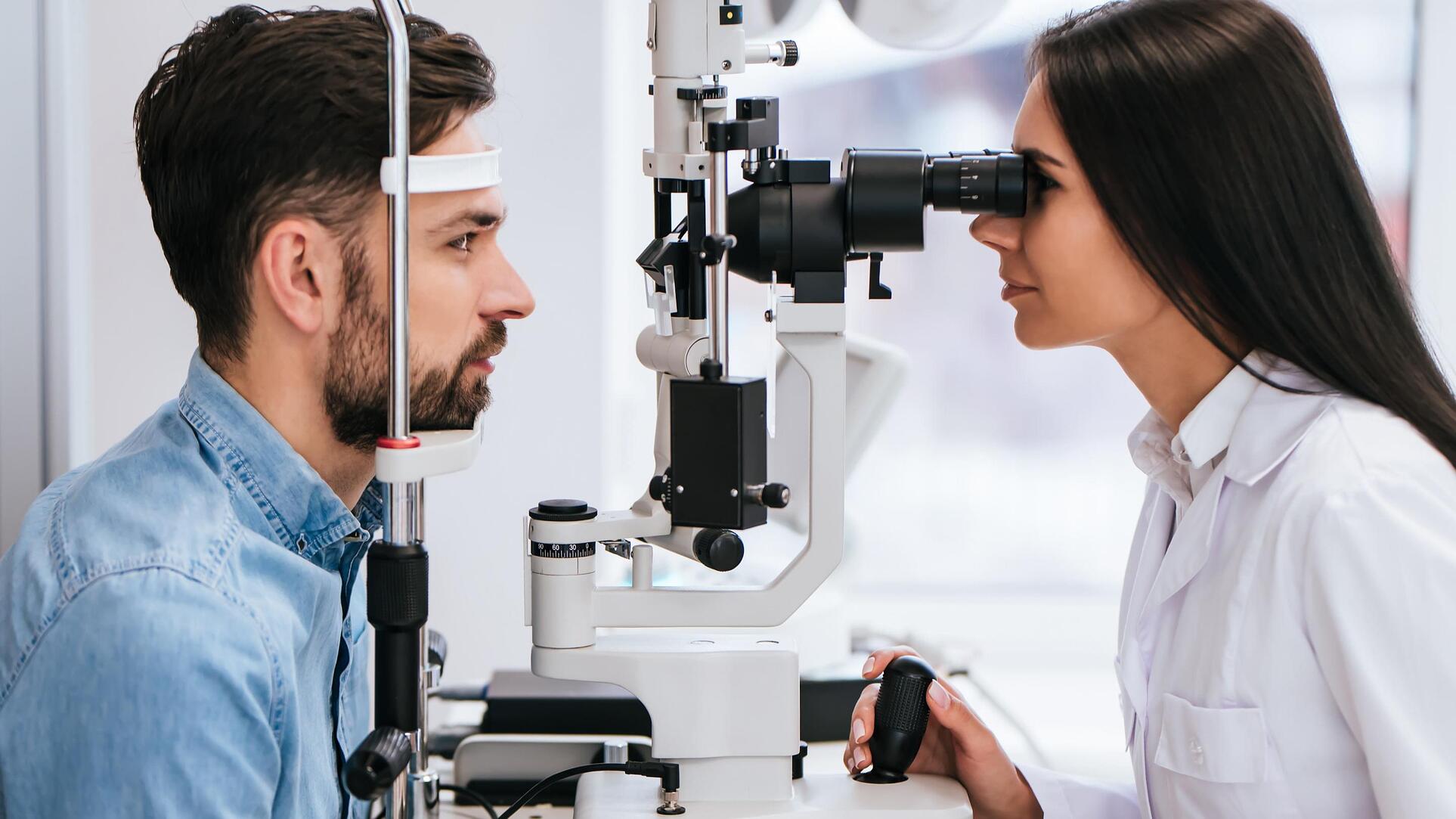
First Eye Exam: What To Expect
Sooner or later, everyone needs an eye exam. Even if you don’t have any glaring vision problems, it’s still good to have your eyes checked by a doctor. Naturally, if you’re getting ready for your first eye exam – or if it’s been a while since your last one – you might not know what to expect.
Thankfully, you have nothing to worry about! Here’s everything you need to know to be as prepared as possible for your next eye exam, whether it’s your first or just the first in some time.
Who needs an eye exam?
At some point, everyone should have their vision checked by an eye doctor.
An eye exam can pick up vision problems early, leading to corrective solutions. Having a regular eye exam can also catch eye-related diseases. This allows you to seek treatment for conditions before they get worse.
Children under three years old should be examined to make sure their eyes are developing in a healthy way.
As your child reaches school age, they should have a full eye exam again before kindergarten. Their eye doctor will recommend how often they should be checked after that.
For adults with no vision problems, the American Academy of Ophthalmology recommends a comprehensive eye exam at the age of 40. This is when most adults start seeing signs they need reading glasses. Based on these results, your eye doctor will recommend the frequency of future examinations.
For adults aged 60 and older, an eye exam every one or two years will ensure that your eyes are healthy and that there are no signs of vision problems or eye disease.
Those who wear glasses or contacts should also have their vision checked every one to two years. This is to make sure that their prescription hasn’t changed and that their eyes are healthy.
What happens during an eye exam?
Your eye doctor will perform several tests and procedures during an eye exam to check both visual acuity and overall eye health. Eye doctors will test pupil reactions, use the common eye chart, check for color blindness, and perform tests to detect eye diseases.
Several of these tests involve nothing more than following objects or covering one eye while focusing on a chart or object in the distance. Sometimes, the eye doctor may use dilating drops to enlarge your pupils. They will then use special lenses to look closely at your eyes and check for signs of eye diseases.
It’s recommended that you avoid driving after an eye exam if you’ve had your pupils dilated. The amount of time it takes someone’s eyes to return to normal after dilation varies, but most adults will have their vision return to normal within an hour. Even still, your pupils may remain dilated larger than normal for as long as six hours.
Nearer to the end of your exam, the doctor will seat you at a phoropter. By flicking through different lens types in the machine, eye doctors can dial in your prescription to ensure you’re getting the best benefits from your prescription.
What happens after your first eye exam?
If you have no vision problems, and your doctor doesn’t find any issues during your exam, then you’re all good until your next checkup.
If you need corrective lenses, you’ll be given a prescription. You use this when purchasing glasses or contact lenses.
Once you have your prescription in hand, it’s time to go shopping for your new pair of glasses! There are plenty of styles and materials to choose from when it comes to eyeglass frames. It’s worth noting that shopping online for eyewear can save you time and money.
Online stores provide plenty of resources, including Face Shape apps and PD measurement tools, to ensure that your frames fit perfectly. Your new pair of glasses should be comfortable and fashionable, providing you with the clear vision you need.
Get your first pair of prescription glasses from Yesglasses!
Now that you’ve conquered your first eye exam, you're ready for your first pair of glasses. At Yesglasses, we can help you find the pair that fit you best. You can even get prescription sunglasses!
Whether this is your first pair or one in a long line of many, we know you’ll find the perfect set of frames and lenses for you.
Shop All EyeglassesAbout to buy your first pair of prescription lenses? Check out our guide to choosing the best prescription glasses!